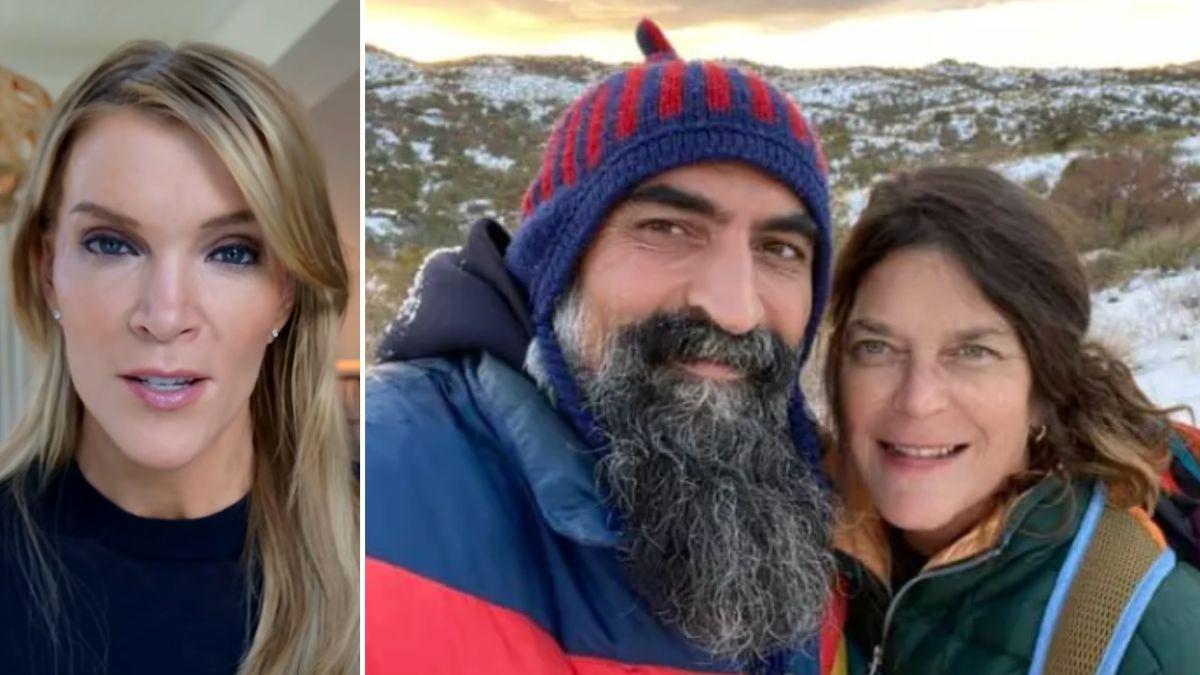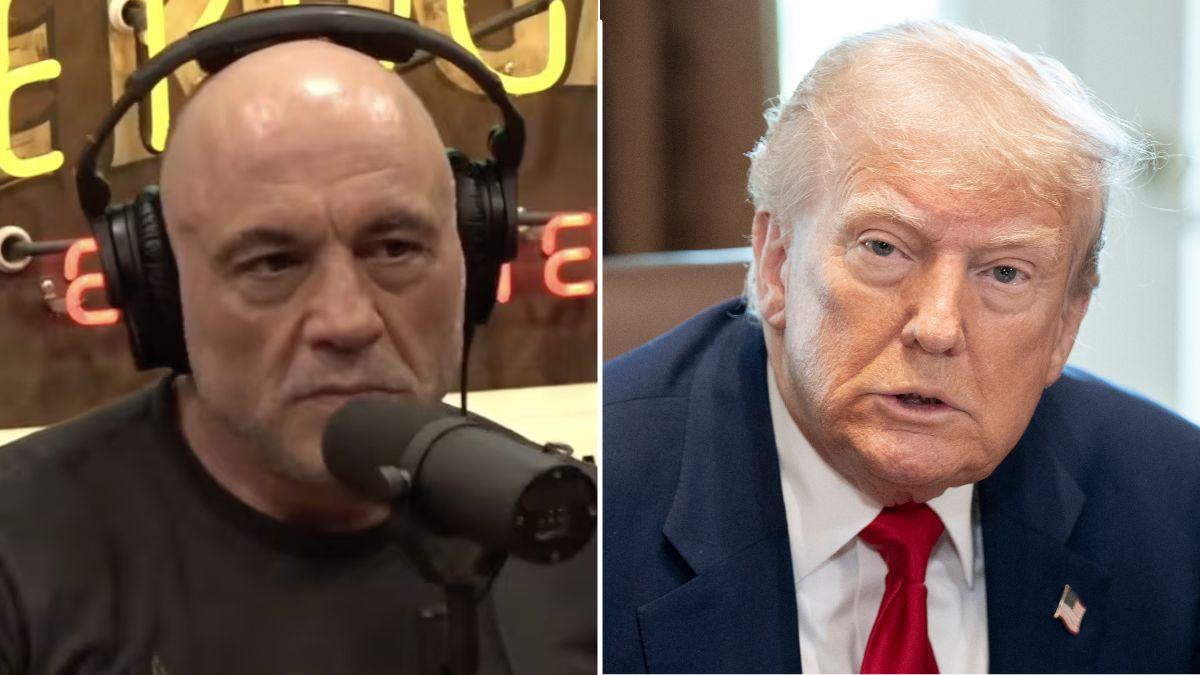EXCLUSIVE: Warped Abuse Secrets of 'Wizard of Oz' Laid Bare in Wake of Death of One of Movie's Last Surviving Cast Members — From Orgies to 'Dwarf Pimping'
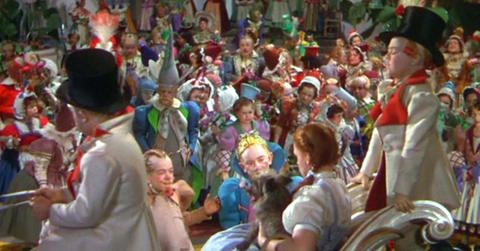
Wizard of Oz abuse scandals surfaced after the death of a surviving Munchkin actor.
Sept. 25 2025, Published 10:30 a.m. ET
Elaine Merk Binder, one of the last surviving Munchkin actors from The Wizard of Oz, has died aged 94 – and RadarOnline.com can reveal her passing has reignited scrutiny of the lurid abuse scandals said to have plagued the film's production.
Childhood Role in a Hollywood Classic
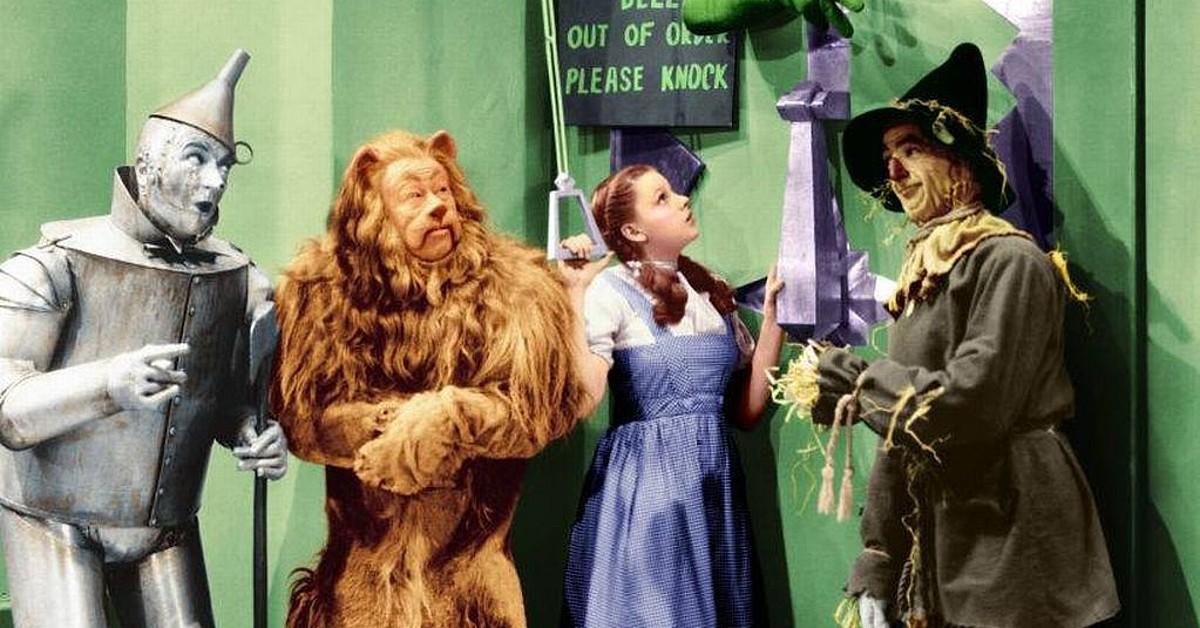
Judy Garland, then 16, endured harassment and groping on set.
Binder was just eight when she was cast in the 1939 musical classic, dancing and singing among the cheerful residents of Munchkinland.
But her innocence was overshadowed by darker behavior behind the scenes, with accounts describing alleged alcohol-fueled chaos, harassment and exploitation among the 124 little people hired to play Munchkins.
A Hollywood historian said: "Elaine herself was a child, and like the other kids involved, she was shielded from much of it. But the legacy of the Munchkin cast is deeply tainted. The revelations are shocking even by the standards of old Hollywood."
Another researcher added: "Her death reminds us of Judy Garland's pain. She was just 16 and already facing harassment on set. The Munchkins' antics became legendary, but at the heart of it is a story of abuse."
Judy Garland's Torment
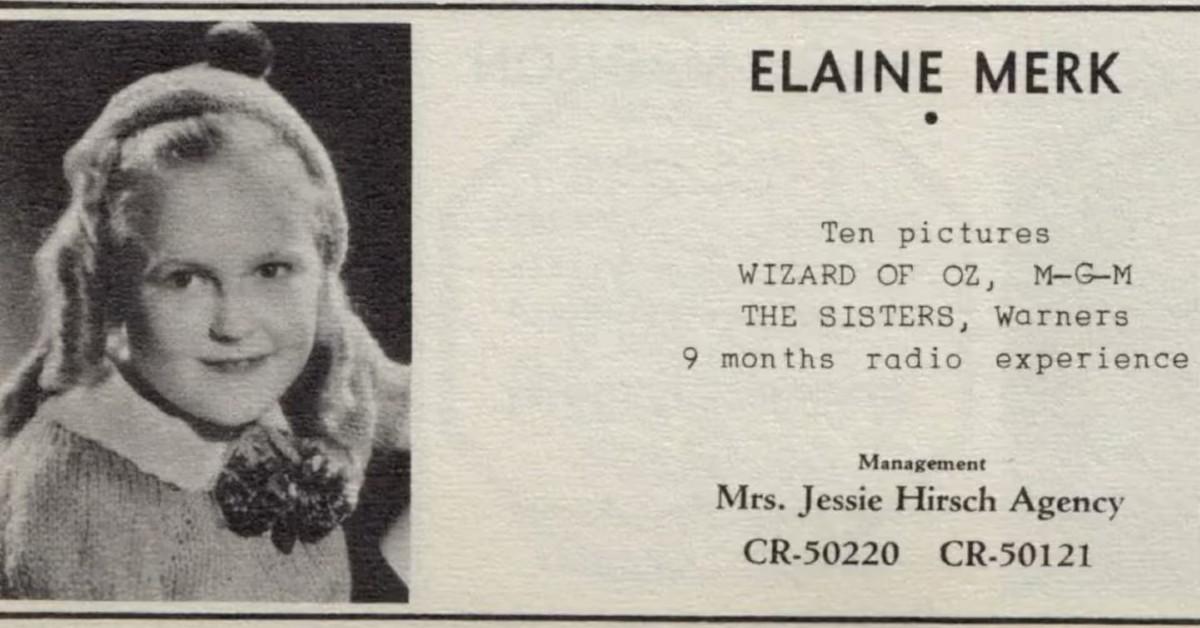
Elaine Merk Binder, one of the last surviving Munchkins, has died at 94.
In Judy and I, an unfinished biography by Garland's third husband Sid Luft, the producer recalled her confessing she had been molested during filming.
"The men were naughty. They thought they could get away with anything because they were so small," he wrote.
Luft claimed Garland – barely 4ft 11in and still strapped down to hide her maturing figure – endured groping from older male cast members.
Accounts of misconduct were not limited to Garland.
Crew members remembered Munchkins descending on Culver City bars after work, drinking heavily, and returning to set hungover.
Luft alleged they made Garland's life "miserable" by putting their hands under her dress.
Producer Mervyn LeRoy once said: "There were fights and orgies and all kinds of carryings on. Almost every night, the Culver City police had to rush over to the hotel to keep them from killing each other."
Garland herself described them as "drunks" who "got smashed every night and the police used to scoop them up in butterfly nets."
Exploitation and Chaos on Set
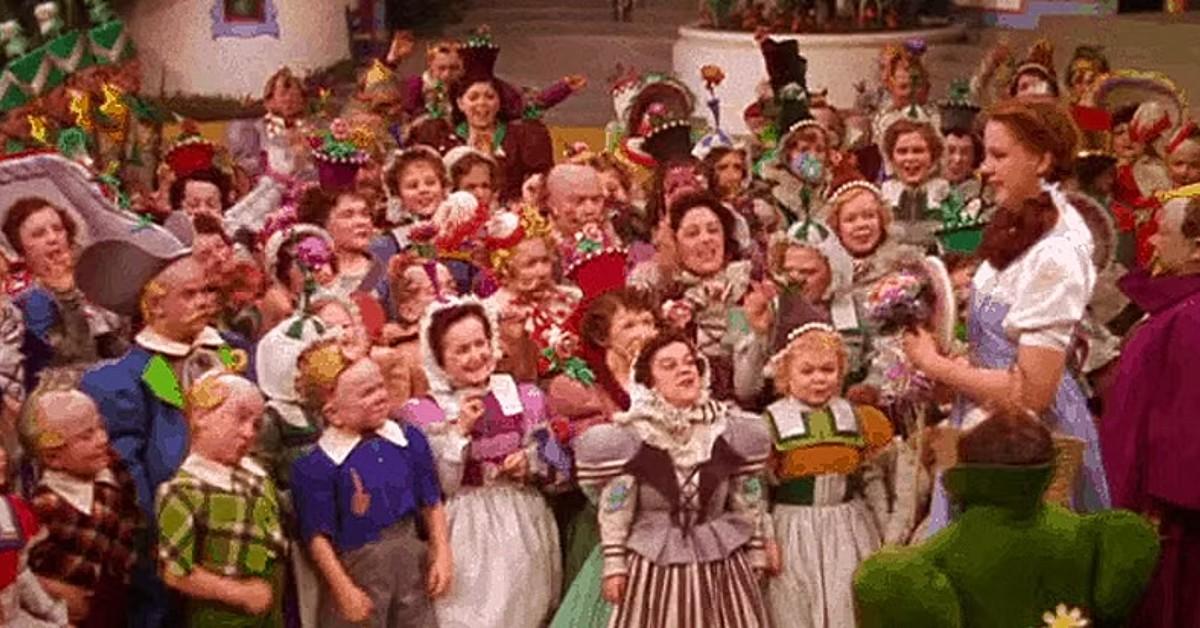
Garland’s husband Sid Luft alleged the Munchkin men molested her during filming.
The behavior has been characterized as a mixture of desperation and defiance. Many of the actors had few career opportunities during the Depression and were under the control of Leo Singer, an impresario who effectively owned their contracts.
They were paid just $50 a week – less than a third of what Toto the dog earned – with Singer pocketing half their wages. Rumors of orgies, prostitution, and even armed threats circulated for decades.
Charles Kelley, one Munchkin, allegedly brought loaded pistols to set after accusing the Mayor of Munchkinland actor Charlie Becker of pursuing his wife.
Make-up chief Jack Dawn recalled rescuing one drunken actor who had fallen into a toilet bowl and couldn’t climb out. The atmosphere on set blurred the line between spectacle and exploitation.
Some studio staff reportedly treated the Munchkins as children, escorting them to the lavatory or confusing them for pupils in the on-set schoolroom.
Wardrobe staff were shocked to discover the "shy boys" they undressed were in fact adults.
Binder's Later Life

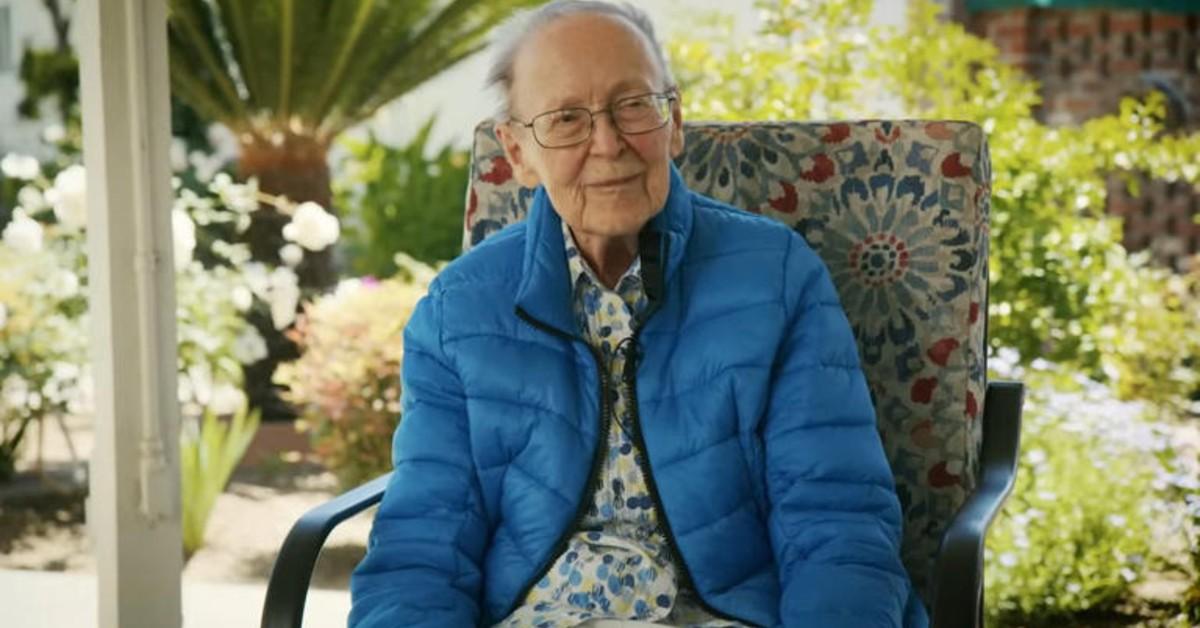
Binder later turned down a Paramount contract to pursue education and theology.
Garland, though scarred by the experience, gave each Munchkin a signed photo and a box of chocolates when filming ended.
Within two years, however, she sought psychiatric help as the pressures of stardom and memories of abuse caught up with her.
Binder later reflected on her own role with fondness, recalling her relief at being chosen as one of eight child dancers.
She declined a Paramount contract, instead pursuing higher education and working as a consultant in computer science and theology.
